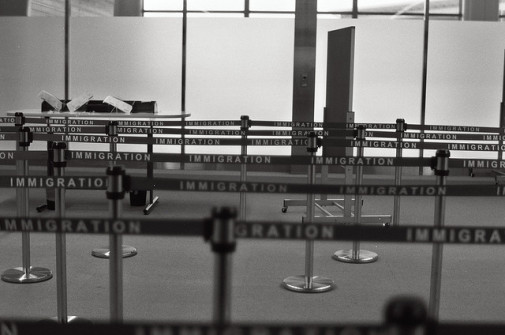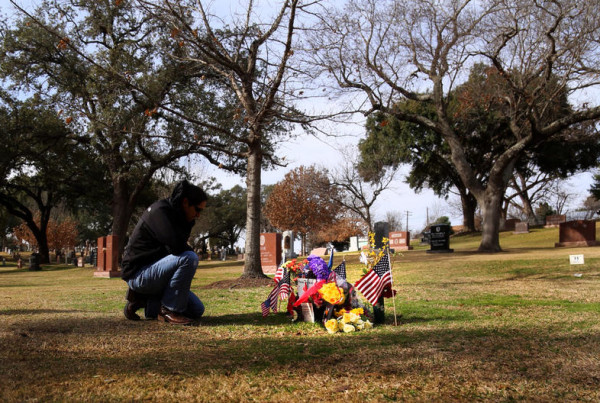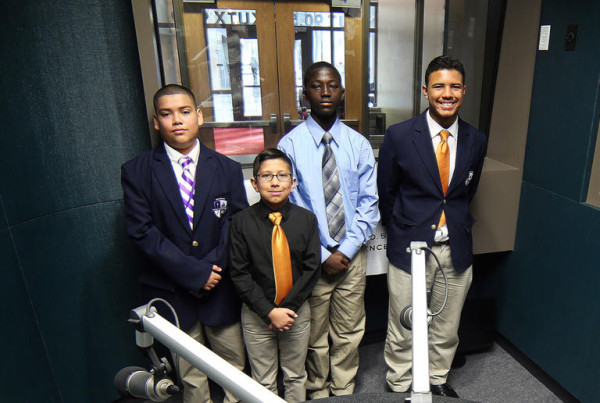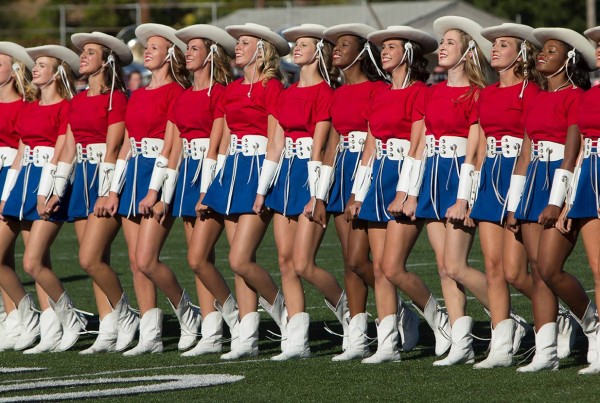Amidst debates on funding in Capitol Hill, the Obama administration unveiled regulations Tuesday that will make it easier for spouses of high-skilled immigrants to apply for U.S. work authorization.
Those with H-4 dependent visas will soon be allowed to work while their legal partner’s H1-B employment-based permanent residency status is being processed. It’s a provision that will have profound effects on the Texas technology and energy sector.
Ramey Ko, an immigration attorney and partner at Jung Ko, says accompany spouses often become involuntary homemakers who put high-level careers and prospects on hold only because of visa restrictions.
The risk is so high that Ko has advised clients to be careful of participating in volunteer efforts. A lot of work can be considered to be a potential paid position, he said, “even if it’s never something people will pay for.”
So, where’s the fanfare for this particular change in immigration? Ko outlined three possibles reasons.
- This is a much less controversial rule change and within the purview of the current law,
- Both parts of the partisan divide can support the provision because the path to citizenship directly sponsored by U.S. companies, and
- Texas needs technicians and engineers. Despite worries about job losses, the limited labor market will assist with adjusting economic expectations.
In a statement, U.S. Citizenship and Immigration Services Director León Rodríguez says the change in regulations “makes perfect sense,” helping U.S. companies keep high skilled workers while providing stability and better quality of life for affected families.
The change takes effect in 90 days. Starting May 26, the Department of Homeland Security will start accepting applications from eligible candidates.
This story was prepared with assistance by Jan Ross Piedad.













